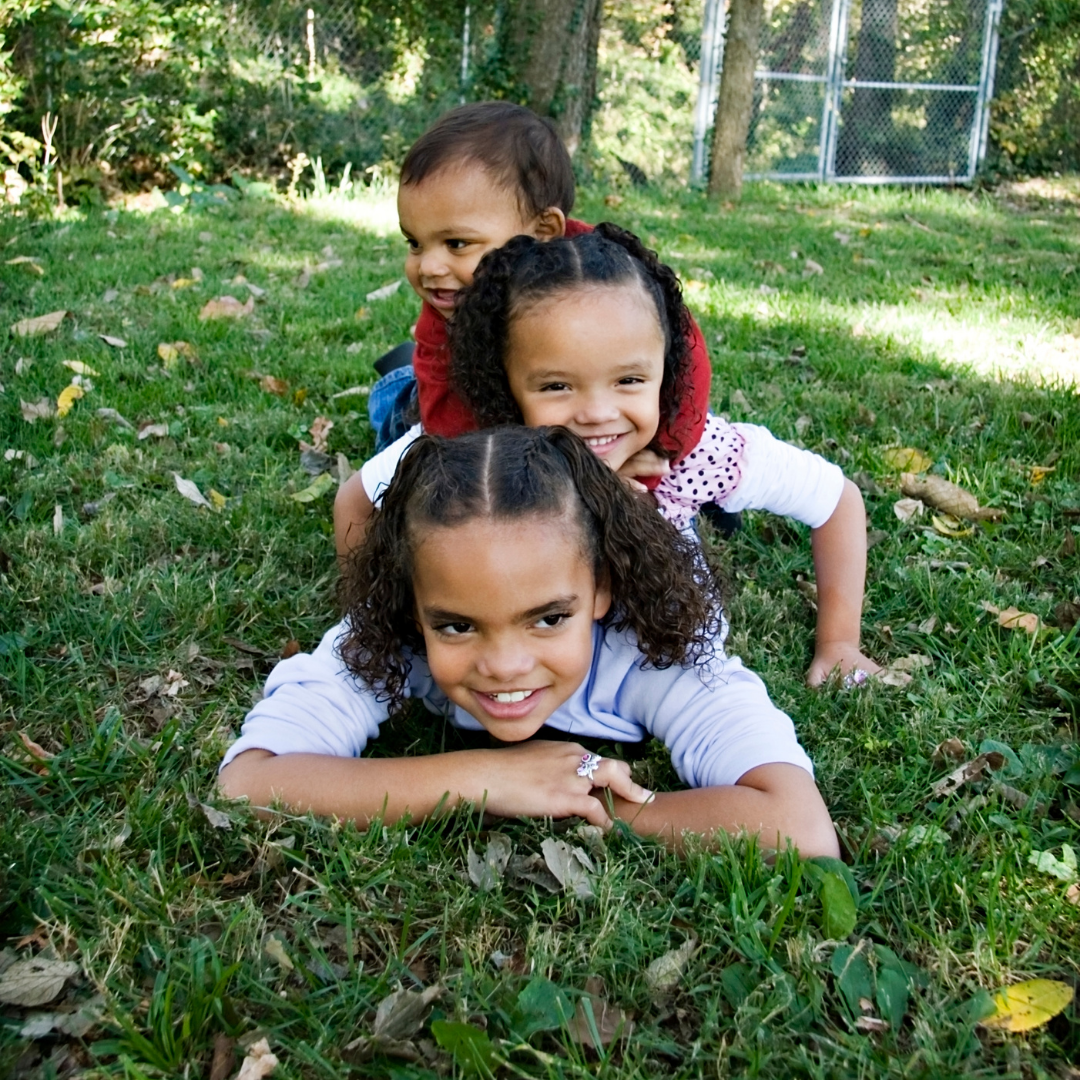How to Be a Better Younger Sibling
No one is perfect, and that includes siblings. Even though you may fight and argue with your brothers or sisters, at the end of the day they are probably some of the most important people in your life.
Moreover, it is no secret that younger siblings have to deal with different challenges than their older counterparts. So how can you make sure that your relationship is as strong as possible?
Here are some useful tips for being a better younger sibling.
Understand your role
Most people would say that younger siblings have a more difficult role in comparison to older siblings. Younger siblings have to compete for attention and oftentimes have to deal with being the ‘baby’ of the family.
They also sometimes have to deal with feeling left out or not important. Despite all of this, younger siblings can also be a great resource for their family. They can offer a new perspective and bring new life into the family dynamic.
Accordingly, younger brothers and sisters are important because they provide support, love, and a sense of family. They can also be a great resource for advice and help. Even as the younger sibling, you can still offer your brothers and sisters guidance.
You might also like: Important Social Skills You Need to Teach Teenagers

Listen more than you talk
Communicating with your siblings is key to a healthy relationship. However, although, it’s important to express yourself to maintain a healthy relationship, if you are the younger child, try to listen more than you talk.
Older siblings can provide a wealth of insight and knowledge, and their experiences can impart valuable life lessons. Younger siblings should therefore be respectful and listen to what their older siblings have to say. This will help them build better relationships with other family members and learn from them.
Offer help
One way to be a good sibling is to offer help when it’s needed. This could be something as simple as carrying groceries for your older sister or helping your older brother rehearse lines for a play. Showing that you’re willing to lend a hand will make you a valuable member of the family.
Respect their privacy
Even if you don’t always agree with your siblings, it’s important to respect them. Showing them courtesy and giving them their space will go a long way. Pay close attention to verbal cues, body language, and boundaries. Gestures often speak louder than words so if your sibling has their arms folded or has turned their body away from you, this is a sign that they do not want to engage in conversation.
Don’t compare them to other siblings
Comparison is the thief of joy. Never compare your older sibling to other people, and don’t compare your younger siblings to others either. Just because someone in the family is the oldest sibling doesn’t mean they have to be the smartest or the most athletic.
On the other hand just because someone is the youngest doesn’t mean they have to be the cutest, or the best behaved. Let each sibling be their own person and be proud of their accomplishments.
Be patient
You may not always see eye to eye with your older sibling, but it’s important to remember that although you are younger than them they are still learning too. Just like you need time and patience to grow and learn, so does your sibling. So next time they do something you don’t agree with or when they have a bad day, try to be calm with them and understand their motivations.

Encourage them
Be encouraging, especially when they’re feeling down about themselves. Be the person in their life that makes them feel good about themselves no matter what. If your older sibling is having a tough time at school or with friends, be there for them to help them get through it. You can also plan fun family activities to distract them when times are tough.
Let them make their own mistakes
Making mistakes is an important part of learning and growing up. Even as a younger sibling, it is important to let your older brother or sister make their own mistakes. This will help them learn from their own experiences and grow into smarter, more independent people. Mistakes are a natural part of life, so don’t be afraid to make them.
Be a friend as well as a sibling
As a sibling, you have a unique insight into your sibling’s life. You know them better than anyone else, so use this to your advantage. Be supportive and understanding, but also be honest with them. They need someone they can rely on, and that person should be you.
Always resolve conflict
Although it is usually the responsibility of an older sibling to diffuse any disagreements, nothing is stopping younger children from being the bigger person. If you can learn to deal with your differences early on, it will make things much easier for everyone in the long run.
The next time you and your sibling start arguing, try walking away or talking it out instead of getting physical. Regular family meetings can be a great way to clear the air or make amends and are also a fantastic opportunity to develop problem-solving skills that you can take into future relationships.
Avoid sibling rivalry
If you’re a younger sibling, it’s important to avoid being jealous of your older sibling. Although you should take inspiration from your older sibling’s accomplishments it is important to not let them become a benchmark for your success.
Instead, acknowledge your differences and celebrate what makes you both unique. For example, if your older sibling is more outgoing, whereas you are introverted, that’s okay. It is impossible to please everyone, but authenticity will help you to shine.
No two sibling relationships are the same
Ultimately, siblings have a unique and complex relationship that changes as they develop. While it is often assumed that the older sibling has more power in the relationship, this isn’t always the case.
As children grow and learn new skills and reach different developmental stages their relationships with their siblings change. Above all, the tips mentioned above can help anyone build a better relationship with an older sibling.


